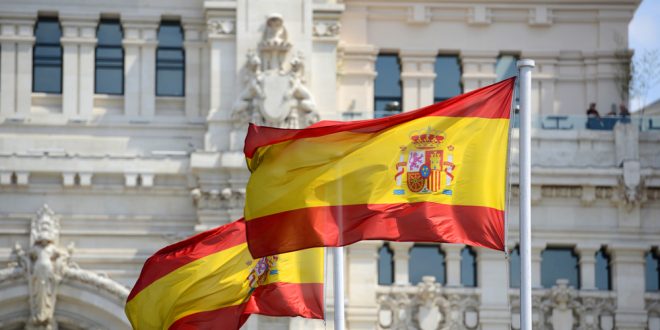Spain aims to be Europe’s trailblazer by adopting the first dedicated framework to regulate the content, standards, and advertising practices of social media influencers.
Last Friday, the Council of Ministers received the draft of the New General Law on Audiovisual Communication (LGCA) – commonly referred to as the ‘Influencer Law‘.
Filed as a ‘digital transformation’ project by the Ministry of the Economy, Spain seeks to determine the legal rights of content creators, vloggers, and influencers engaging Spanish audiences on social media platforms.
Marked as primary objectives, the new LGCA aims to protect the content and intellectual property (IP) of creators, safeguard minors from viewing adult content, and apply specific rights on social media platforms.
The LGCA will apply changes to Spain’s media laws, recognising content creators as ‘audiovisual content service providers.’ This requirement is due to the increasing relevance of content creators and their impact on Spain’s media market in terms of audience, consumption, and advertising investments.
As such, new rules will be applied to creators who have generated an income of over €300,000 from content displayed on social media platforms.
Content creators must file their individual businesses and media profiles with the State Registry of Audiovisual Providers, to be recognised as audiovisual content service providers.
For audiences, content creators must disclose any activity that they derive economic income from. Content creators must assume the ‘editorial responsibility’ of content displayed on their channels.
Further changes will introduce parental control mechanisms to protect minors from adult content, imposing stringent penalties for non-compliance, with fines ranging from €10,000 to €150,000.
The LGCA states that content creators must observe the laws of Spain’s Royal Decree on Advertising. The Decree restricts all forms of gambling advertising on media platforms from the hours of 1-to-5 am and excludes the marketing of gambling incentives to Spanish audiences.
The Draft Law carries the Royal Decree’s rules on gambling advertising despite the Supreme Court of Spain annulling specific articles.
The Supreme Court upheld an appeal by Jdigital, Spain’s online gambling trade association, arguing that the Ministry of Consumer Affairs had bypassed key constitutional procedures to implement specific Decree restrictions as federal laws.
Last week, Pablo Bustinduy, Spain’s new Minister of Social Rights and Consumer Affairs, responded to the Supreme Court’s judgement, warning media platforms to maintain the Decree’s restrictions on gambling advertising.
Spanish media were informed that the Ministry of Consumer Affairs will prioritise restoring gambling advertising restrictions as intended by the Royal Decree. Bustinduy doubled-down on further restrictions, warning media to prepare for tougher checks on online platforms and prohibiting the promotion of loot boxes as the minister takes charge of Spanish gambling reform of federal laws.









